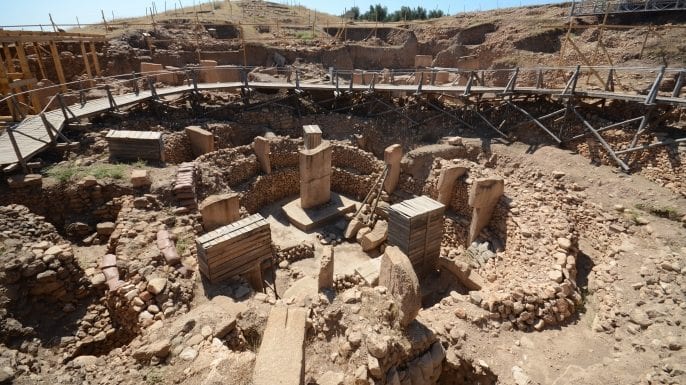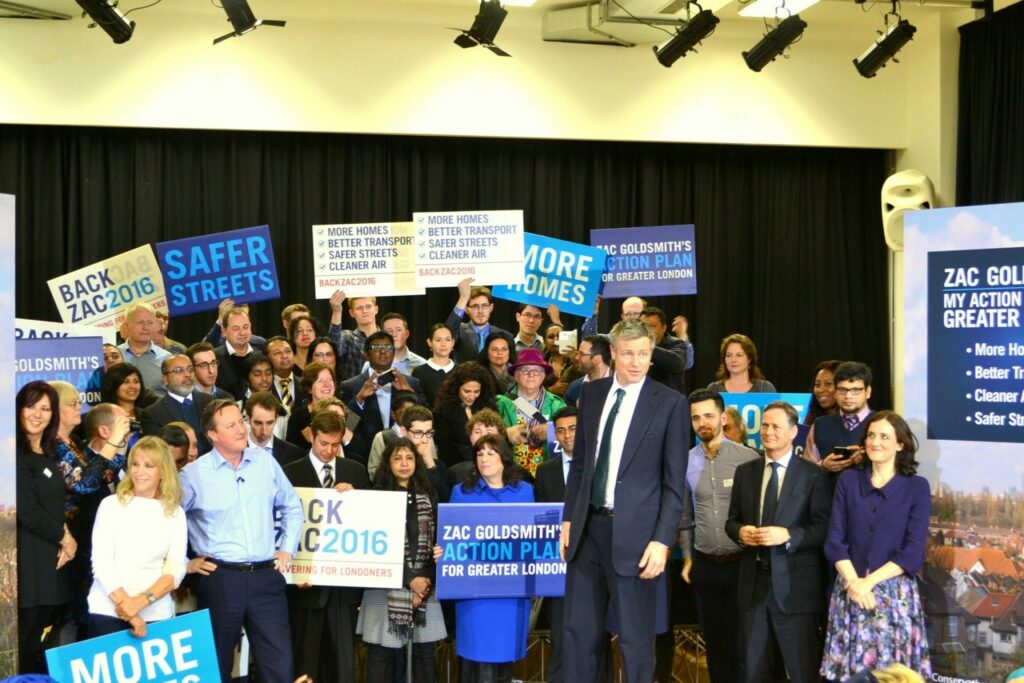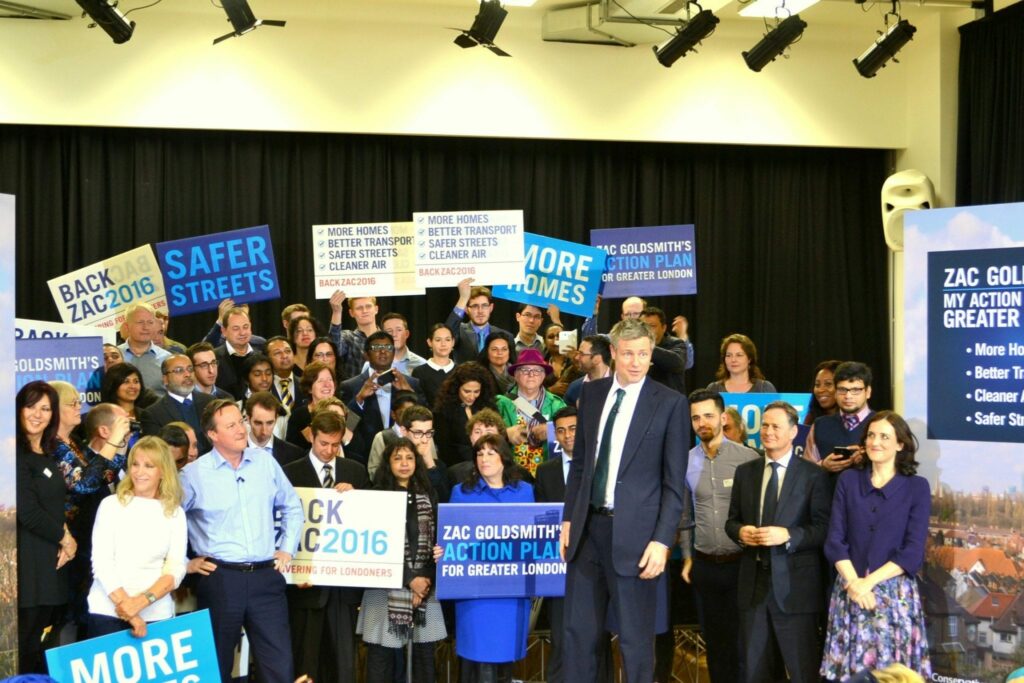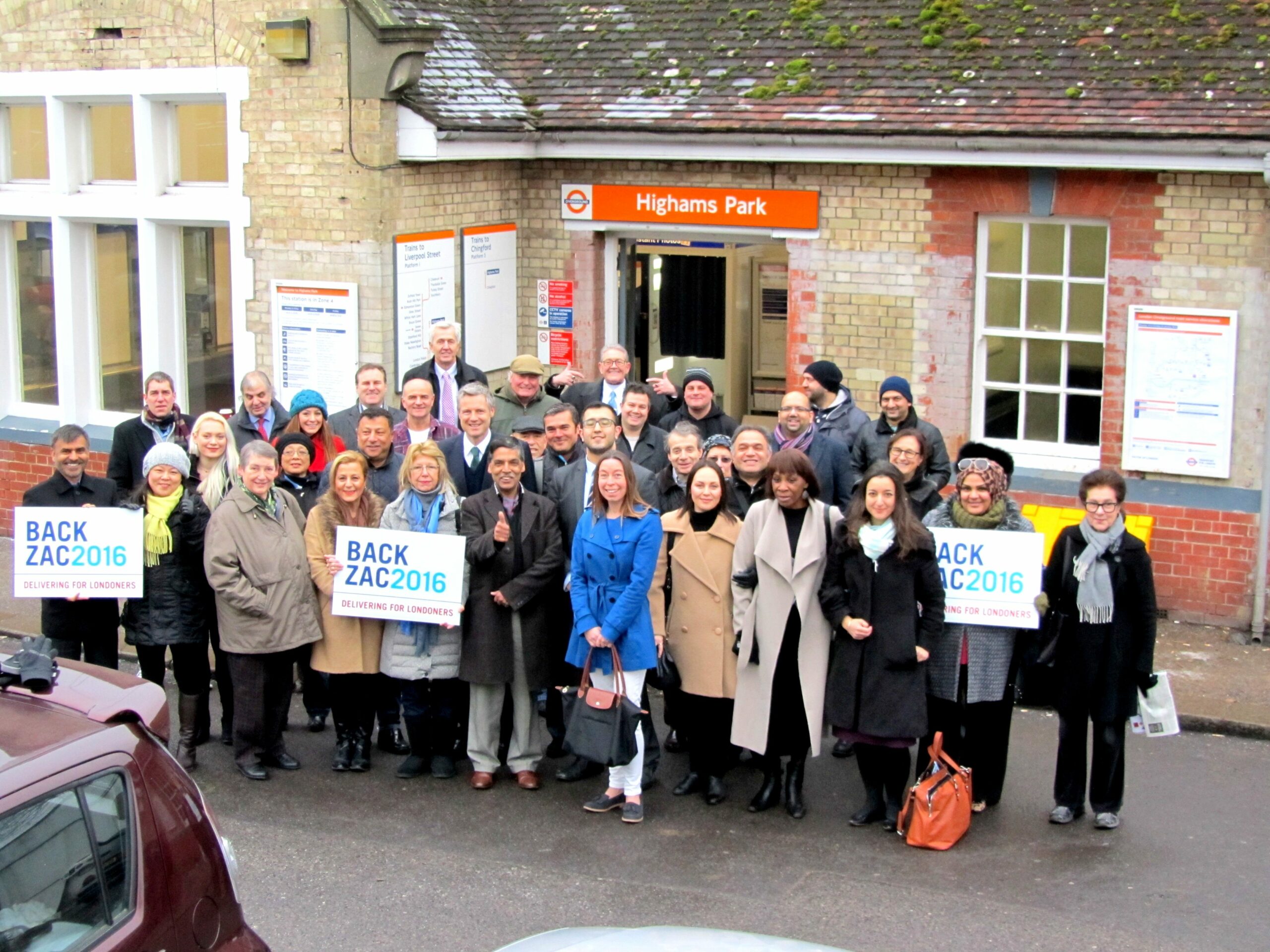
In the southeastern corner of Turkey’s Anatolia region sits Göbekli Tepe, a mystifying complex of prehistoric artifacts and limestone pillars believed to be some 11,000 years old—6,500 years more ancient than the Great Pyramid of Giza. The site has been called the world’s oldest monument and humanity’s first temple, and it may soon become a hot ticket for tourists. According to a new announcement, the Early Neolithic structure is set to receive more than $15 million to help fund excavations and the construction of an improved visitor’s center.
The windfall for Göbekli Tepe comes courtesy of the Şahenk Initiative, a social impact platform started in 2014 by businessman Ferit F. Şahenk, one of the richest men in Turkey. During a January 20 gala event at the World Economic Forum in Davos, Switzerland, the organization announced plans to partner with the Turkish Ministry of Culture and Tourism in building a “world-class” visitor center to drive tourism to the ancient site. The $15 million, 20-year investment will also be used to support research and preservation efforts.
“Göbekli Tepe, a common value of humanity, is our zero point in time,” Ferit F. Şahenk said in a press release. “That is why we are launching the Şahenk Initiative’s investment in Göbekli Tepe at Davos—to share it with the entire world.”
Situated on a hilltop some 30 miles from the Turkish-Syrian border, Göbekli Tepe (a Turkish name meaning “potbelly hill”) consists of several dozen T-shaped pillars carved from limestone and arranged in circular enclosures reminiscent of England’s Stonehenge. The largest of the monoliths stand over 16 feet tall, and most are adorned with carvings of frightening creatures such as snakes, spiders, lions and scorpions. Archaeologists believe that Neolithic hunter-gatherers erected the monument in two phases between the 10th and 9th millennia B.C. The result was humanity’s earliest known construction project—an architectural wonder built by a people who had yet to discover pottery or metal tools.
Göbekli Tepe was first surveyed in 1963 by University of Chicago archaeologist Peter Benedict, who mistakenly believed its dirt mounds and stone pillars were part of a Byzantine-era cemetery. It remained undisturbed until 1994, when German archaeologist Klaus Schmidt identified it as a prehistoric monument of great importance. “Within a minute of first seeing it, I knew I had two choices,” he later said. “Go away and tell nobody, or spend the rest of my life working here.” Schmidt went on to lead excavations at Göbekli Tepe from the mid-1990s until his death in 2014. During that time, his team uncovered dozens of carved limestone pillars arranged in several different circles. Mysteriously, they also found evidence that the structures had been built on top of one another over the course of several centuries before being buried and abandoned sometime around 8200 B.C.
Göbekli Tepe’s extreme antiquity and unusual architecture have inspired wild speculation—some have even alleged that it was the site of the Biblical Garden of Eden—but Schmidt believed the complex once functioned as a kind of religious cathedral or sanctuary for prehistoric hunter-gatherers. Despite several years digging, his team found no ancient fire pits, trash heaps or dwellings to suggest the site was used as a permanent settlement. Instead, they uncovered evidence of ritual feasting and large stone basins that may have once held beer or water. They also found that certain pillars were carved with human arms, hands and fingers, which seem to indicate that Göbekli Tepe was a gathering place or a site of worship of ancestors or human-like deities. “You don’t move 10-ton stones for no reason,” Schmidt once told Newsweek.
Göbekli Tepe’s potential use as a religious site carries huge implications for archaeology. The traditional timeline of human history holds that the invention of cereal agriculture led to a sudden “Neolithic Revolution” that brought an end to the age of the hunter-gatherer and gave rise to complex social systems, static settlements and the advent of organized religion. But the elaborate architecture on display at Göbekli Tepe seems to show that Stone Age hunter-gatherers were capable of working together on massive building projects. Schmidt even argued that the desire to build the temple might have been what first led them to live in larger groups and develop agriculture and the domestication of animals.
Not all scientists agree with Schmidt’s theories. Some have suggested that signs of a Neolithic settlement may still lurk somewhere around Göbekli Tepe, and Canadian anthropologist E.B. Banning has argued that the site’s builders were not hunter-gatherers but settlers who used the ruins as houses. Scientists also remain puzzled by several other aspects of the site, including what method its ancient builders used to move their giant T-shaped pillars to the hilltop. “They may have been using rollers, using wooden logs,” archaeologist Lee Clare told National Public Radio in 2014, “but we honestly don’t know how they were doing it.”
The search for answers has continued in the years since Schmidt’s death, but the vast majority of Göbekli Tepe still remains unexcavated. Ground-penetrating radar and geomagnetic surveys show that over a dozen stone circles have yet to be revealed, and there is evidence that the ruins may cover as much as 22 acres. “As Göbekli Tepe is still being unearthed, our views about the history of settlement and civilization are ever-changing,” said Abdullah Kocapınar, Cultural Heritage and Museums General Director at the Turkish Ministry of Culture and Tourism.
Göbekli Tepe is still not widely known outside of archaeological circles, but that may soon change thanks to the influx of cash from the Şahenk Initiative. Along with building a newer and larger visitor center, the group plans to install canopies over the excavation sites and build fencing and walkways to protect the ancient ruins and make them more accessible to tourists. “Our collaboration is very precious,” Kocapınar said in the Şahenk Initiative’s press release. “It is aimed at unveiling the value of this archaeological site, which is also important for the global community, and promoting it in the international arena.” As one of the first steps in the new marketing platform, the group constructed a detailed ice sculpture of Göbekli Tepe outside the World Economic Forum convention center in Switzerland.









